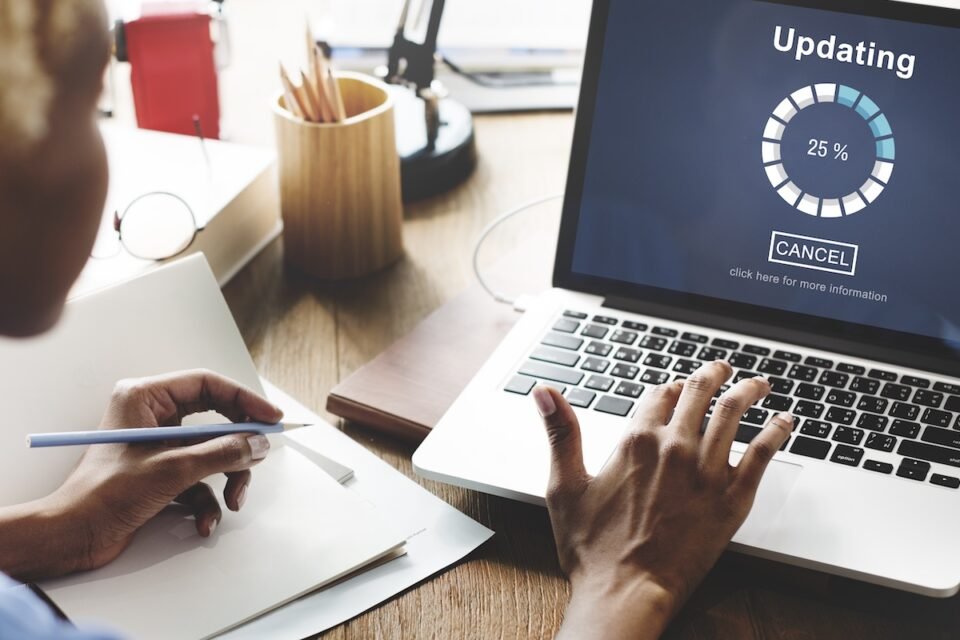In this increasingly digital world, protecting your online privacy is more important than ever. Every time you browse, click, or use social media, you leave a trail of personal information. Companies, hackers, and even governments could follow suit. Cyberattacks, data breaches, and intrusive ads are expected to become even more common by 2025, making it crucial to proactively protect your personal information. To protect your online privacy, you need to do more than just avoid spam and suspicious links. You also need to take control of your name, finances, and digital data.
In today’s hyper-connected world, this detailed guide shows you how to improve your online privacy, reduce your digital visibility, and regain control over your personal data.
Understanding the Importance of Online Privacy
Online privacy is more than just a buzzword; it’s a crucial part of your digital well-being. Every website you visit, every app you use, and every social media post you make can be tracked and studied. Companies often collect this information to build comprehensive user profiles. Cybercriminals, on the other hand, exploit vulnerabilities in these systems to steal money or identities. Understanding the risks of data collection and surveillance helps you carefully choose the platforms you use and the information you share.
Protecting your online privacy is also a good way to maintain your image. If your personal information leaks online, it can be used for scams, fraud, or even threats. With increasing concerns about privacy, knowing how to protect your online identity is no longer optional; it’s an essential part of being a responsible internet user.
Use strong passwords and other ways to prove your identity
Create strong, unique passwords for all your online accounts. This is one of the simplest and most effective ways to protect your privacy. Avoid passwords that are easy to hack, such as dates, trendy words, or recurring themes. Instead, use a combination of numbers, letters (uppercase and lowercase), and special characters. Password planners are useful for keeping track of complex passwords and creating new ones, so you don’t have to remember dozens of different ones.
Two-factor authentication (2FA) requires a second way to prove your identity, such as a fingerprint scan or a code sent to your phone, further strengthening security. Even if a hacker gets your password, it becomes much harder to break into your account.
Prohibit people from sharing information on social media
One of the biggest security risks in today’s digital world is social media sites. Every post, comment, and photo you share creates a profile that can be used against you or viewed and studied by others. Protect your privacy by changing your account settings so that only certain people can see your information. Don’t share too much personal information, such as your home address, phone number, or financial details.
It’s also a good idea to regularly review and remove unnecessary app permissions. Many apps request personal information such as friends, location, and other information they don’t need. Being careful about what you share can reduce your digital footprint and the risk of detection.
Use a private and secure browser
A website that protects your privacy can significantly impact how you use the internet. Browsers like Mozilla Firefox and Brave have built-in tools to block tracking, ads, and malicious scripts. If you use private browsing or incognito mode, your search data and cookies won’t be stored on your computer.
You can add privacy-enhancing browser plugins, such as ad blockers and anti-tracking tools. These plugins can prevent websites from collecting unnecessary information and help you stay anonymous online. A secure browser and smart browsing habits are among the best ways to prevent others from collecting your data.
Secure your email and other communication methods
Cybercriminals still primarily target email. If you use a private email service like ProtonMail or Tutanota, others won’t be able to read your text messages. Hackers often steal personal information by tricking users into clicking suspicious links or opening files from strangers.
Since public Wi-Fi will be ubiquitous by 2025, it’s especially important to use a VPN when connecting from hotels, airports, cafes, or other public Wi-Fi networks. Even if you’re on an unsecured network, a VPN can protect your private data, such as login passwords and banking information.
Update your hardware and software regularly
Cybersecurity risks are constantly evolving, and one of the easiest ways for hackers to access your personal data is through outdated software. Keeping your operating system, applications, and security software up to date ensures you always have the latest security updates. Set your devices to update automatically whenever possible and monitor them closely for unusual behavior.
Also, make sure your smartphone, computer, and even IoT (Internet of Things) devices are up to date. These devices often store private data, and hackers can compromise it using outdated software.
Frequently Asked Questions about Protecting Your Online Privacy
1. Can I be completely anonymous online with a VPN?
A VPN hides your IP address and encrypts your data, which significantly improves your privacy, but it isn’t completely anonymous. People can still see your online activity through cookies or personal accounts, so use a VPN in conjunction with other protections.
2. Is it safe to use a free VPN?
Many free VPNs log your activity and potentially sell it to others. For optimal privacy, it’s best to use a paid VPN service, which should have strict policies and keep no logs.
3. How often should I change my password?
It’s advisable to change your password at least every six months, or immediately after a security breach. Using a password manager can make this easier and more secure.
4. Is it safe to connect to public Wi-Fi networks without a VPN?
Public Wi-Fi networks are inherently insecure. If you don’t use a VPN, your data can be compromised by hackers. Always use a VPN when accessing private data on public networks.
5. Do privacy settings on social media sites prevent all data tracking?
Changing your privacy settings can help, but it doesn’t completely prevent tracking. Social media sites and third-party marketers can still collect information. Privacy options, security platforms, and VPNs work together to provide more comprehensive protection.
Conclusion
In 2025, you need to be proactive in protecting your online privacy. Using strong passwords, limiting data sharing, choosing secure platforms, securing conversations, and connecting to a VPN can significantly reduce the risk of your personal data being stolen. Important steps to stay safe online include staying vigilant, keeping your devices up to date, and choosing the websites you use wisely.
Online privacy isn’t just about keeping your data safe; it’s also about controlling your identity and ensuring your digital data doesn’t follow you. Following these tips can help you feel safe online. They help you keep your personal data and digital life safe.

